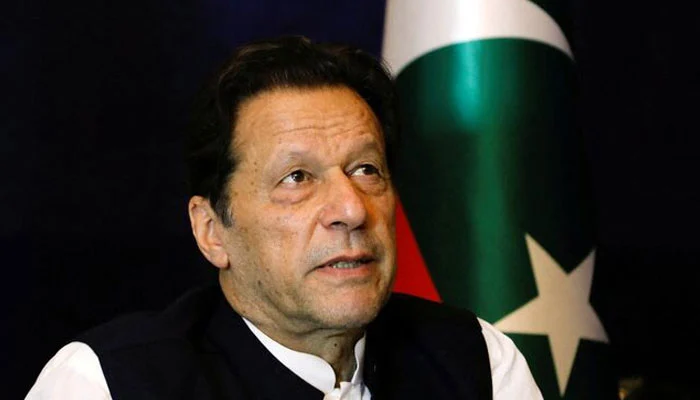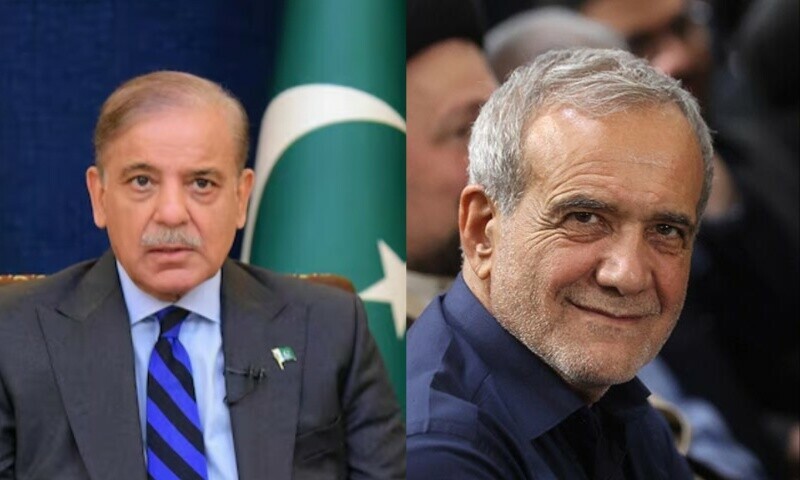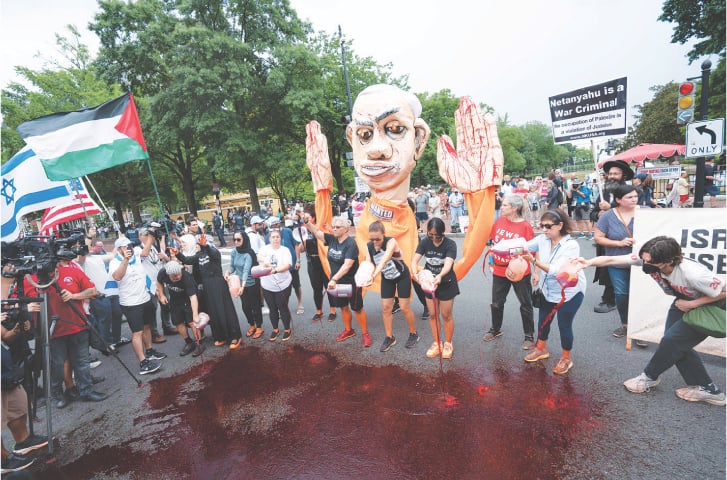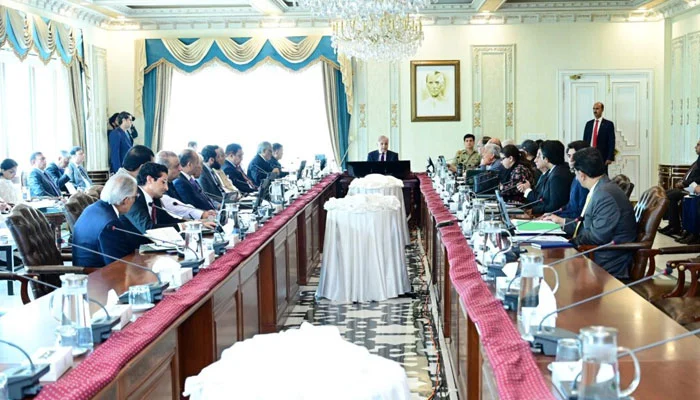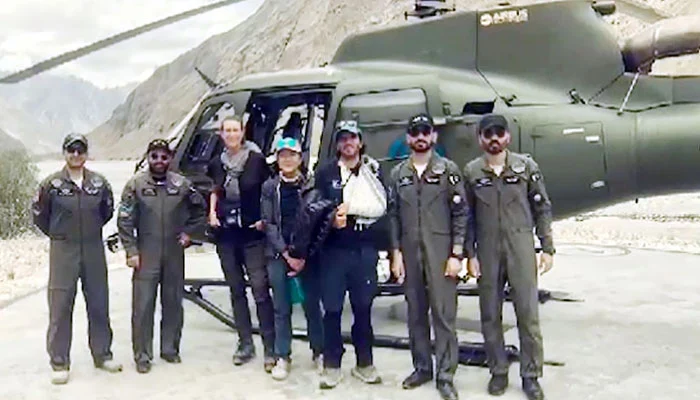
Mr Johnson said he wanted their negotiators to agree a post-Brexit free trade deal before Diwali in October.
However, the prime minister is facing more questions about his leadership and lockdown parties in No 10.
On Thursday, MPs gave the go ahead to an inquiry into whether he misled Parliament over the issue.
The government had tried to delay the vote by MPs, but made a U-turn after opposition from within its own party.
The PM now faces an investigation by the Commons Privileges Committee, which will launch once the Metropolitan Police has finished its own probe into the gatherings.
Last week, Mr Johnson was fined for breaking Covid laws at an event in Downing Street. He had previously told MPs laws were not broken in No 10, leading to accusations from opposition parties that the prime minister had misled them.
Conservative MP Tobias Ellwood, who has previously been critical of the PM, told the BBC it is a matter of “when not if” Mr Johnson faces a vote of no confidence from his MPs.
The Defence Committee chair also rejected suggestions from the prime minister’s allies that the leadership should not be called into question while the war in Ukraine continues, saying the crisis is being used as a “fig-leaf”.
The meeting between Mr Johnson and Mr Modi in India’s capital came on the final day of Mr Johnson’s two-day trip to the country, which has been delayed by Covid.
Ahead of their meeting, Downing Street announced the UK planned to streamline its licensing rules for exporting military hardware to India.
Mr Johnson said the UK would support India to construct fighter jets, in an attempt to reduce the volume of weapons bought from Russia.
No 10 also said the two countries would be boosting their security co-operation in the Indo-Pacific region, including the Indian Ocean.
And there was a commitment to increase research into lowering the cost of “green” hydrogen power – part of the UK’s renewable energy plans.
The two leaders also discussed the latest in UK-India trade talks – where Mr Johnson has set an autumn target for an agreement to be signed.
Ukraine stance
Mr Johnson had pledged to raise the issue of India’s relations with Russia during his trip.
Along with other Western countries, the UK has been trying to persuade India to drop its neutral stance and join in condemning Moscow, which is its biggest arms supplier.
Earlier this month, India condemned killings in the Ukrainian town of Bucha – the strongest statement it has made since Russia’s invasion. But it stopped short of blaming Russia for the violence, and has not criticised Russia directly since its invasion in February.
Mr Johnson acknowledged on Thursday that India, which has strong ties to Russia, was “not in the same place” as the UK over the conflict.
But he told reporters there was still a “huge amount we can work on together”.
Ahead of his meeting with Mr Modi, Mr Johnson said collaboration with India on issues including climate change and security was of “vital importance”.
He added: “The world faces growing threats from autocratic states which seek to undermine democracy, choke off free and fair trade and trample on sovereignty.
“The UK’s partnership with India is a beacon in these stormy seas.”


